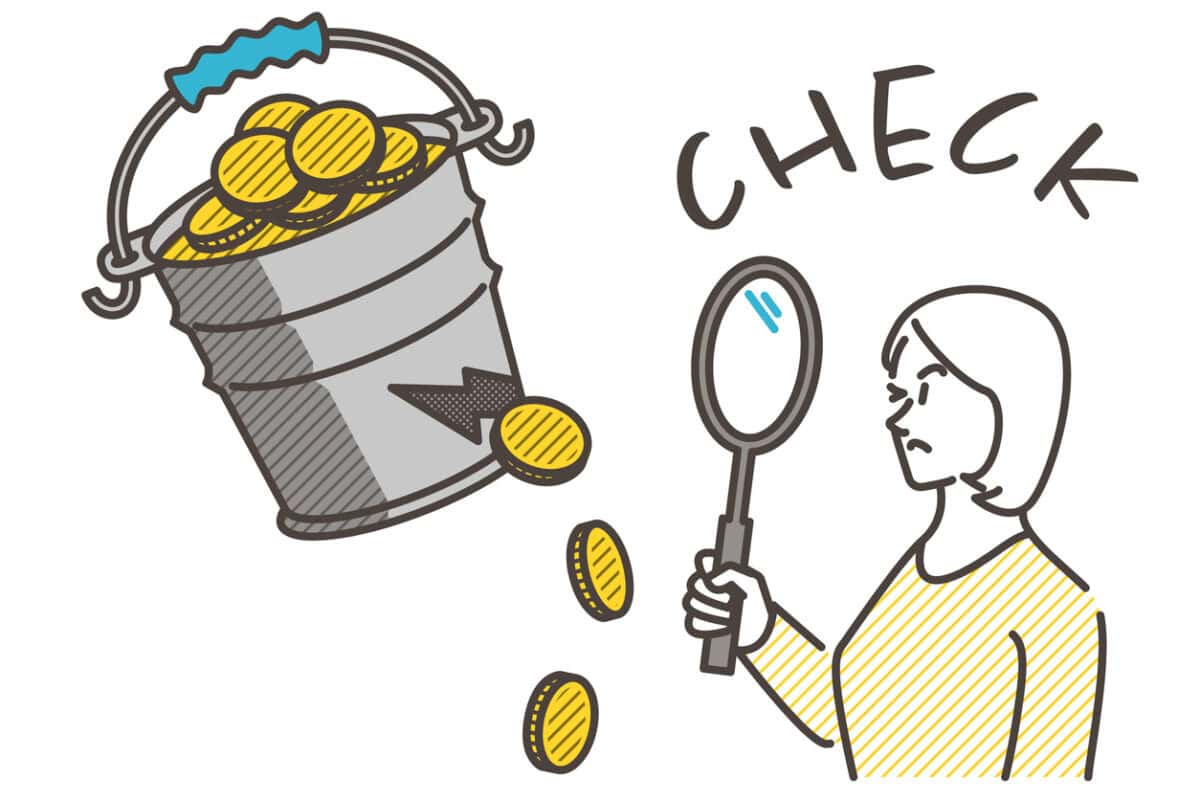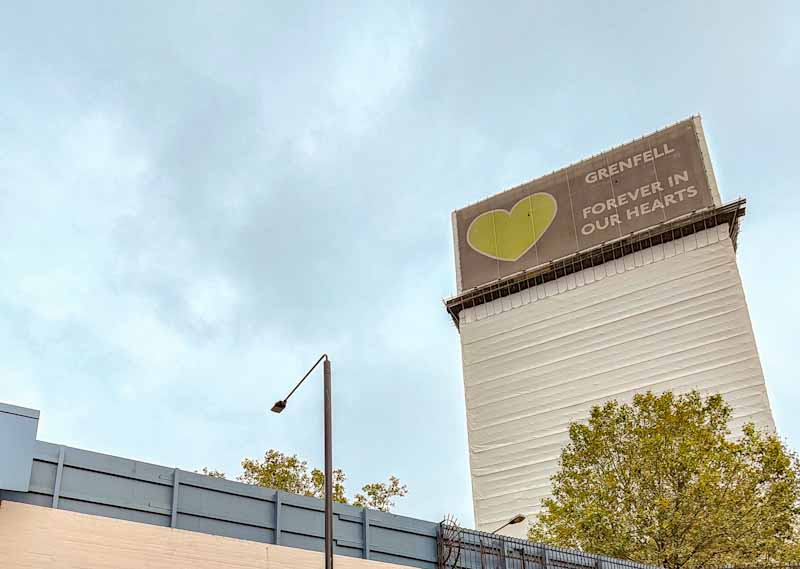When you fail to speak in support of occupational health and safety (OHS) or, perish the thought, speak against OHS, you must be speaking in support of profit. Some would say the connection is not that simple, but really, it is.
Employers’ critical concern is, “Can I afford OHS?” This question shows a misunderstanding of OHS’s role in business success and continuity. The question would not occur if OHS had been integrated into the design of the business, its operations, and profit forecasts. OHS costs a lot more when it needs to be retrofitted to an existing company.







